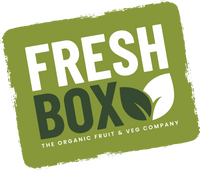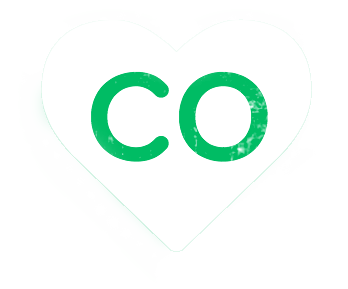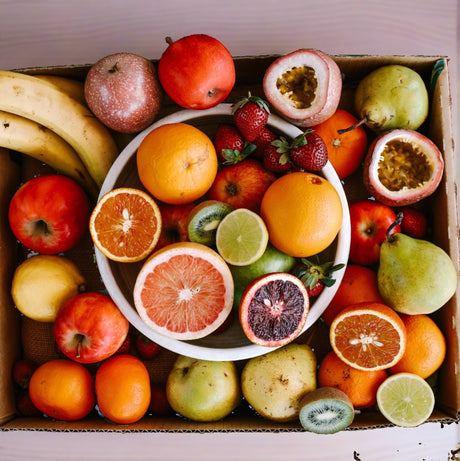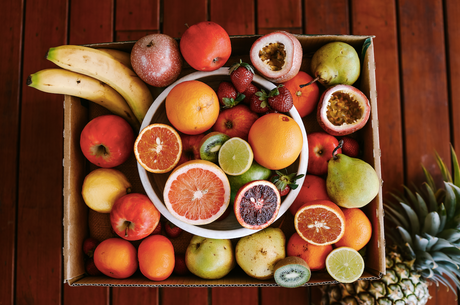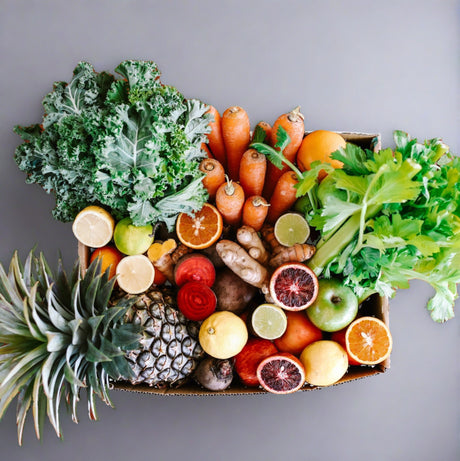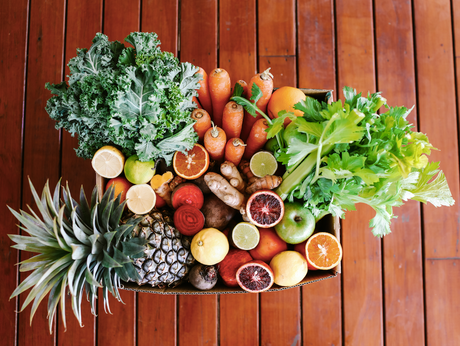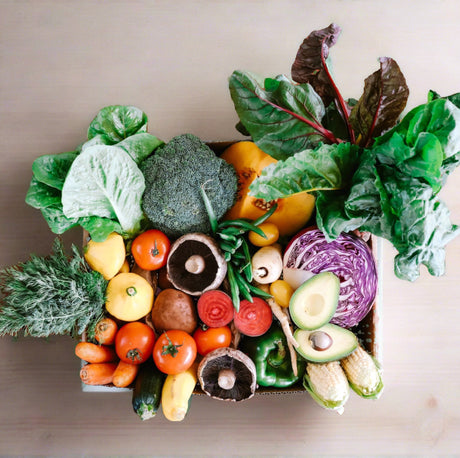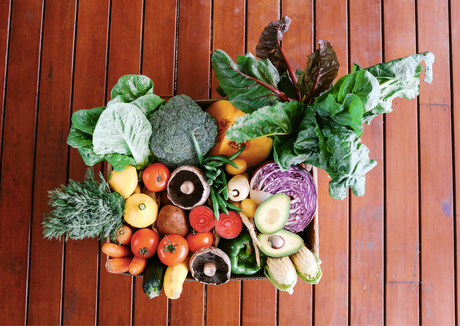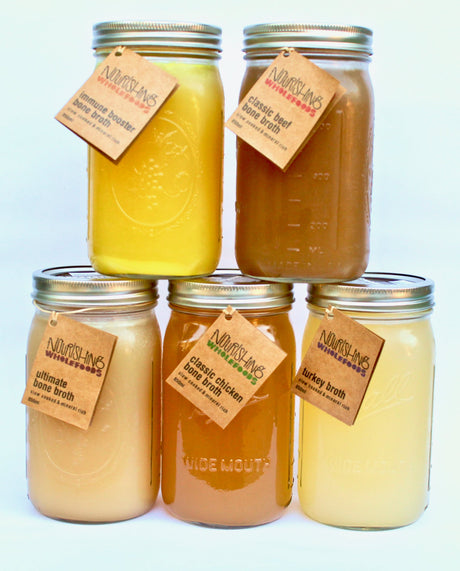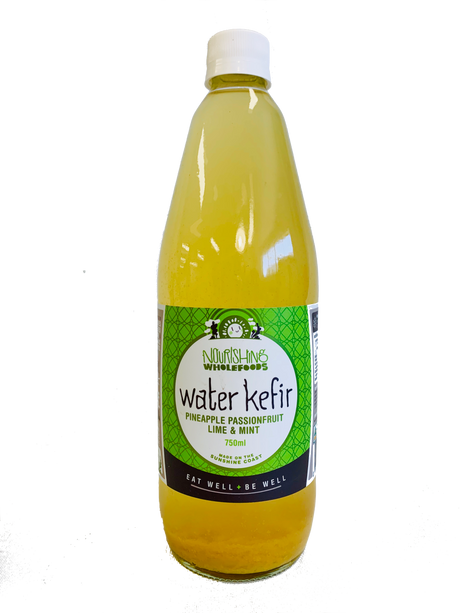Many of us have dedicated precious hours and days to finding easy ways of reducing chemical exposure from our diets. A lot of us eventually arrive at organic produce (which we love for good reason)! But have you been making the same effort around the home? It’s something that often goes unconsidered, simply because there hasn’t been as much attention drawn to it in the past, but with our skin being our largest, most absorbent organ and our respiratory health being paramount to wellness, maybe it’s time to reconsider the toxic products in our home?
Set yourself a challenge to go through your cleaning supplies cupboard. Firstly, how many of them are out of date? This isn’t always the case, but with chemicals often reacting with one another, especially past their use-by date, it can be a toxic cocktail. Next, consider how many ingredients you actually know? Most household products will have a list of ingredients, just like food, and some of the ingredients could shock you. We love to use the app, The Chemical Maze, to determine the possible effects of any chemicals in products and food, but if this isn’t accessible to you, here are a few to look out for.
- Ammonia
- Bleach
- Glycol Ethers
- Phosphates
- Volatile Organic Compounds (VOC)
- Phthalates
- Nonylphenol Ethoxylates (NPEs)
- Petroleum Solvents
- Perfumes
- Formaldehyde
- Butyl Cellosolve
- Chlorine
- Ethanolamines
- Sodium Lauryl Sulfate
That’s quite a list, so what’s the best way to avoid toxic products in the home? Invest in truly natural products, or make your own.
Vinegar to Clean Floors
Toxic and arduous floor cleaning products are some of the last things we need to be investing in, because the simplest solution has been living at the bottom of our pantry shelves for so long. It’s almost an old wives tale, but we use it because it works. A simple splash to hot water is the best way to give your floors the clean they deserve. And if you have little hands crawling across the floors, this is a good way to limit exposure for small ones. As an added bonus, the vinegar is especially good on tiled floors to prevent slipping, due to pH levels.
Lemon Juice Spray & Wipe
Supermarket spray and wipes are often overly citrus fragranced and laden with unnecessary nasties, especially when we could be returning to the real thing for added shine. Lemons have the pH level we need to provide antibacterial, antimicrobial and antiviral benefits when cleaning surfaces. So simply add lemon juice to a reused spray bottle with some water, and you’ve got your healthier alternative.
Baking Soda Paste for Scum & Grime
Many of us created baking soda volcanos in school science projects, and baking soda can have the same action when applied topically to scum, grime and other funny marks (that we’re never quite sure how they got there). Simply mix together baking soda with water until you get a nice thick paste, apply to the area and leave for 15 minutes to an hour before wiping off with hot water. Always make sure you patch test in an inconspicuous area first and take care with porous surfaces.
Invest in Eco-Products
Many products will claim they have ‘natural’ ingredients, but unfortunately, the requirements for natural labelling extends to anything naturally occurring, even those occurring naturally in a laboratory environment. Your best bet as a consumer is to invest in products from companies that are truly committed to chemical-free products. At FreshBox we only offer cleaning products that we would be happy to use in our own home. You can add them to your next order here!